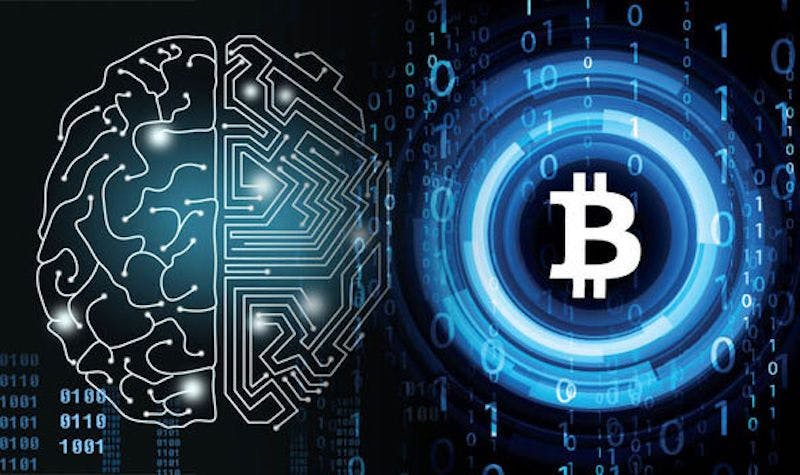137 reads
Ai Is Rewriting the Blockchain Rulebook, While Risks Are Still Hidden
by
July 18th, 2023
Audio Presented by

CEO of Nexdesk, a B2B self-service digital asset OTC trading desk, available to all users across Europe.
Story's Credibility



About Author
CEO of Nexdesk, a B2B self-service digital asset OTC trading desk, available to all users across Europe.
